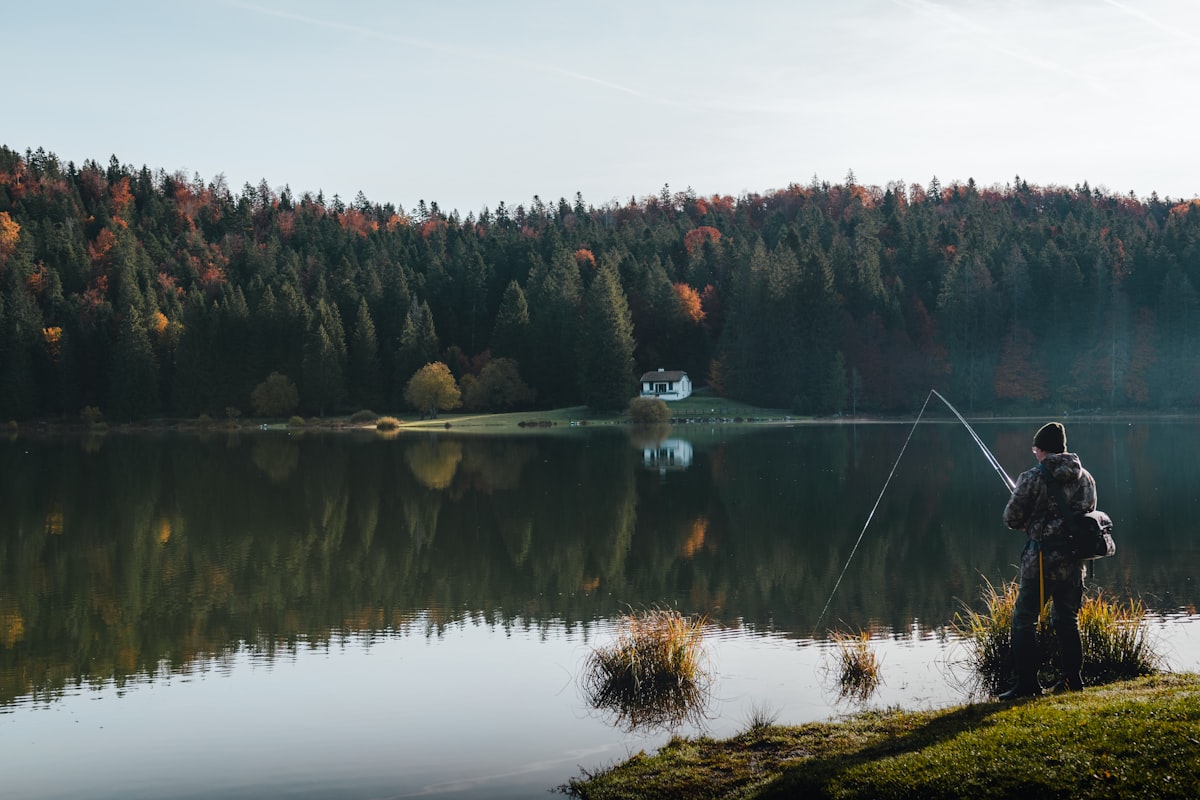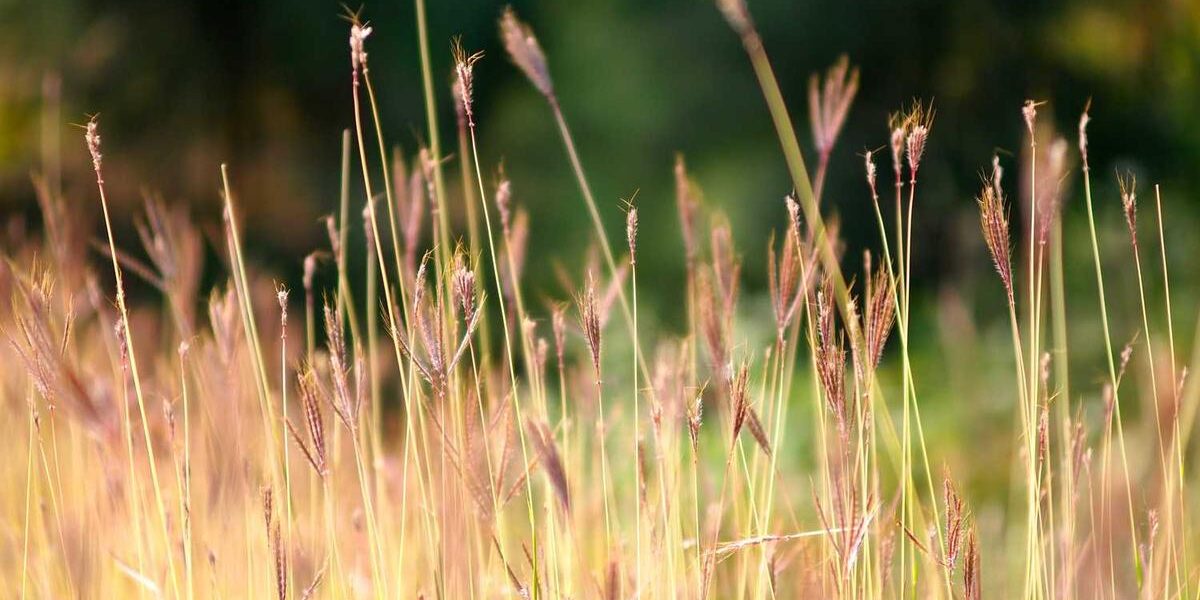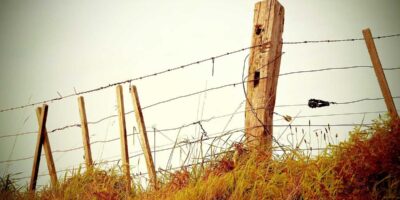How to Stay Safe While Saltwater Fishing
Saltwater fishing offers a unique experience. The vast ocean and the diverse marine life create unforgettable moments. However, it also comes with its own set of risks. Here’s a comprehensive guide to ensure your safety while saltwater fishing.
Before You Go

Check the Weather Forecast
Weather conditions can change rapidly at sea. Always check the weather forecast before heading out. Look for reports on wind speed, wave height, and any potential storms. Websites and apps like NOAA and Weather.com provide real-time updates. Don’t risk it if bad weather is predicted.
Inspect Your Gear

Ensure all your equipment is in good working condition. Check rods, reels, and lines for wear and tear. Replace any damaged parts. Test your boat’s engine and electronic equipment. Pack extra batteries for GPS and other devices.
First Aid Kit
A well-stocked first aid kit is essential. Include items like bandages, antiseptics, pain relievers, and seasickness medication. Learn basic first aid skills. Knowing how to treat minor injuries can make a big difference.
On the Water
Life Jackets
Wear a life jacket at all times. Ensure it’s properly fitted and approved by the U.S. Coast Guard. Even strong swimmers should wear one. Accidents can lead to unexpected falls into the water.
Stay Hydrated
Bring plenty of drinking water. The sun and salt can quickly dehydrate you. Avoid sugary drinks and alcohol. Water is the best choice to keep your body hydrated.
Sun Protection
Protect yourself from the sun’s harmful rays. Wear a wide-brimmed hat and UV-protective clothing. Apply sunscreen with at least SPF 30. Reapply every two hours or after swimming.
Watch for Marine Life
Marine animals can pose a risk. Be aware of jellyfish, sharks, and stingrays. Know how to identify them and what to do if you encounter them. If stung by a jellyfish, rinse the area with vinegar.
Avoid Alcohol
Avoid consuming alcohol while on the water. It impairs judgment and coordination. Stay alert and focused. Keeping a clear mind ensures better decision-making.
Use Proper Equipment
Use appropriate tackle for the fish you are targeting. Using the wrong gear can lead to accidents or harm the fish. Educate yourself on the best practices for catch and release.
Communication and Navigation
Tell Someone Your Plans
Inform a friend or family member of your fishing plans. Include details like your launch point, expected return time, and route. This information can be crucial if something goes wrong.
Carry Communication Devices
Bring a fully charged mobile phone and a marine radio. In case of an emergency, these devices are your lifeline. Familiarize yourself with emergency channels.
Use GPS and Maps
Always have a reliable GPS device. Carry paper maps as a backup. Knowing your location helps in safe navigation and quick evacuation if needed.
Emergency Preparedness
Learn Emergency Procedures
Educate yourself on basic emergency procedures. Know how to use flares, fire extinguishers, and distress signals. Practice man-overboard drills with your fishing partners.
Know the Signs of Hypothermia
Even in warmer climates, water can be cold enough to cause hypothermia. Recognize the signs: shivering, confusion, and slurred speech. Get the person out of the water and warm them gradually.
Prepare for Seasickness
Seasickness can ruin your trip. Take preventive measures like over-the-counter medication. Try acupressure bands or ginger supplements. Stay on deck and focus on the horizon to minimize symptoms.
Respecting Regulations and Environment
Follow Fishing Regulations
Understand and follow local fishing regulations. These rules help preserve fish populations and ecosystems. Familiarize yourself with size and bag limits for different species.
Practice Sustainable Fishing
Use barbless hooks to minimize injury to fish. Handle fish with wet hands or a wet towel. Release undersized or protected species promptly. Avoid fishing in restricted areas.
Dealing with Equipment
Handling Hooks and Knives
Use caution when handling hooks and knives. Always point the sharp end away from your body. Use pliers to remove hooks. Keep knives sharp to prevent accidents.
Avoid Line Snags
Snags can be dangerous. Pull on the line gently to free it. If it doesn’t come loose, cut the line. Wear gloves when handling fishing lines to avoid cuts.
Proper Storage
Store gear properly when not in use. Use rod holders and tackle boxes. Secure loose items to prevent accidents. Clean your equipment after each trip to prevent corrosion.
Understanding Wildlife and Habitat
Respect Wildlife
Avoid disturbing marine life. Do not feed or harass animals. Keep a safe distance from nesting birds and marine mammals. Respect their habitat and natural behavior.
Prevent Pollution
Dispose of waste properly. Bring a trash bag for used fishing lines, hooks, and other debris. Recycle whenever possible. Do not discard plastic or other pollutants into the water.
Final Thoughts
Saltwater fishing is a rewarding activity, blending relaxation and adventure. By taking these safety measures, you can enjoy your fishing trips with peace of mind and respect for the environment.
“`




Subscribe for Updates
Get the latest articles delivered to your inbox.
We respect your privacy. Unsubscribe anytime.